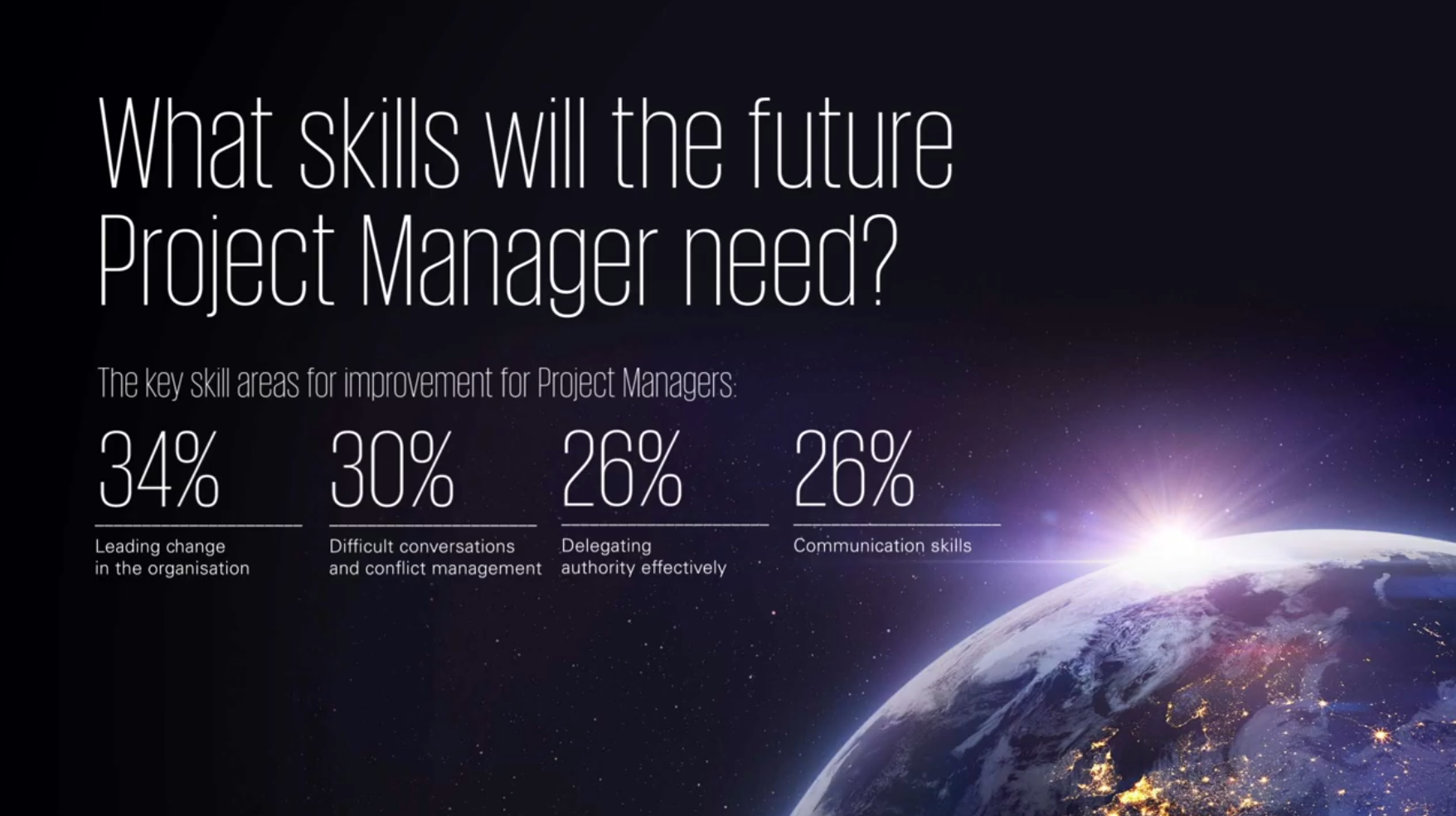What’s the best way to evaluate a project’s success? Your usual touch points are an on time delivery, within budget and to the original scope. But the reality is few projects meet all these targets. And every one missed is a hammer blow to what really counts – stakeholder satisfaction.
Everyone knows stakeholder management is key. So how big a problem is letting them down? Well, according to a recent KPMG report on global project management, it’s huge. When viewed through the traditional “iron triangle” of time, cost, and scope, only 19% of projects deliver stakeholder satisfaction. Whether it’s time (30%), budget (36%) or scope (44%) almost every project finds a way to come up short. And even if 58% of organisations think stakeholder satisfaction has actually improved in the last couple of years, 19% is a number that should give pause for thought.
So, what should we do? How can PMs and organisations move the dial towards a positive outcome? There’s one thing we know won’t work… rigidly applying a delivery framework. Agile or waterfall or whatever – your project manager should be experienced enough to have already appraised the environment and made the right delivery choice. If your PM is suggesting a change in framework then you’ve probably got a bigger problem on your hands.
In fact, the answer is radically old fashioned and – here’s the good news – clearly within your reach. It’s people. And more specifically the people you have in the key roles of PM and sponsor. As the role of PM evolves, the skill set to deliver is changing, embracing skills traditionally seen as ”soft”. And it’s clearer than ever that the right sponsor can make or break your project. Here’s a closer look:
- The PMs making a difference today boast first class technical skills. But it’s in areas like communication, EQ and personal inter-relationships that these guys truly excel. When the difficult discussions come – and they will – a great PM is not only all over the technical challenge, they also know how to manage conflict. It’s their management of (and collaboration with) challenging stakeholders that makes them stand out in complex and dynamic project environments.
- Passionate leadership starts with the sponsor. KPMG’s survey shows engaged stakeholders have a significant impact on project success, something that aligns clearly with the Luminate approach. Passionate leadership, clarity of vision and proactive decision-making from sponsors makes all the difference to the success of the project and delivering stakeholder satisfaction.
So, if you’re the sponsor of a complex project then stop. Stop and assess whether you have the right people in the right roles. Realise the impact you can have too, and don’t be afraid to change. If you don’t think your people and capabilities are right, then you know what to do…


